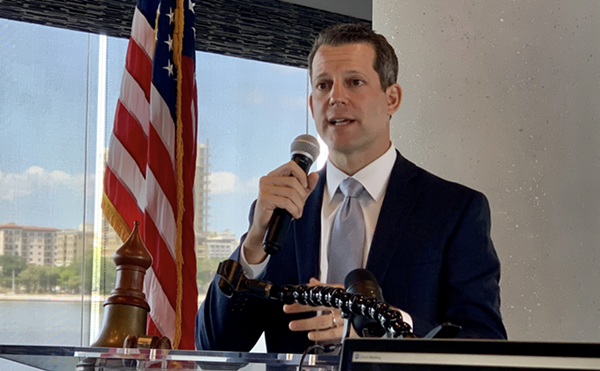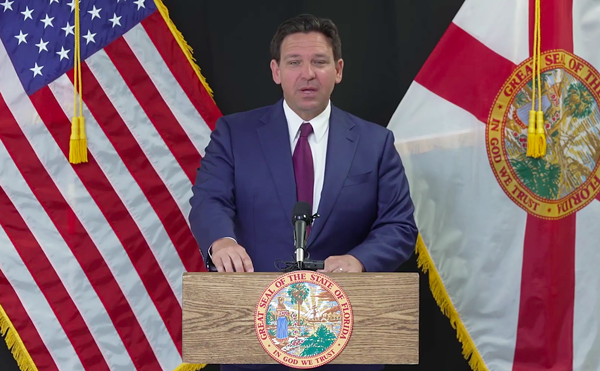There are two points to make here. First, let me put this in perspective. The contentious debate in Congress concerning the debt ceiling placed the full faith and credit of the U.S. into question. Moody's Corporation warned of a possible credit downgrade which Congress avoided by raising the ceiling. What followed, however, was a decision by Congress to cut $2.1 billion in spending over the next ten years. Amidst its counter-intuitive austerity measure and a AAA credit rating still at risk, the U.S. government couldn't calm the markets when people were looking for jobs. In reference to the global economy, investors who were shook by Europe's debt crisis and China's price hikes, remained apprehensive about U.S. austerity. Those around the world, entrusted to bulwark the global economy, were the ones addressing hardships of their own.
This leads to the second point, that this uncertainty has little to do with America's credit. People are generally unconcerned with America's ability to pay it's debts. The Dow's drop is tied, however, more to America's ability to reinvigorate its economy. The deal reached by Congress calls for rigorous spending cuts but doesn't invest in the future. In other words, the world isn't interested in our ability to lower our deficit. It's waiting to see when we will put Americans back to work.
This highlights a troubling disconnect between our politics of austerity and the economy. The argument against revenues says that any tax on anyone during a recession would hurt the economy. This is the same argument used to justify the extension of the Bush tax cuts. So, no taxes have been raised in hopes that the job creators, those at the top income bracket, would create jobs. The kicker is this - corporate profits are soaring while unemployment teeters around 9%. Below is a chart from the Federal Research Economy Data
Corporations are in a position to have their most profitable quarter ever. How can we explain this? Analysts says that corporate America is doing so well mainly because they slashed costs by laying off workers and hiring overseas. Marc Pado, U.S. market strategist for Cantor Fitzgerald, says:
Corporate America is very strong. They are preparing for a downward turn. Everybody was talking about a double-dip recession and they were bracing for that. They were holding on to cash, not hiring new workers and voiding themselves of inventory.
In other words, those that we expect to create jobs are doing quite the opposite. The extension of the Bush tax cuts are not creating an environment for corporate America to hire. The recent deal to raise the debt ceiling doesn't do anything to address employment either. The issue isn't that "job creators" don't have enough capital, it's that consumers just aren't spending, which is troubling since consumer spending typically accounts for 70% of our economy. According to the commerce department, consumers cut spending for the first time in two years. People are saving their money for a rainy day.
So, while a plunging stock market doesn't speak directly about our political decisions, it does suggest that investors are apprehensive about them, especially without a clear path to jobs. When Congress returns from its recess, they will have to consider new measure to address the world's fears about America's economy. What are the prospects of this happening?
A new poll by Gallup shows that 41% Americans think that the new deal struck by Congress will actually make the economy worse. Much of the discontent comes from the fact that the deal struck by Congress did not mirror the general will of the people. As I wrote in a previous article, about 80% of Americans wanted a balanced approach with both spending cuts and revenues. These figures provide incentive for Congress and change the course of the debate from 'debt' to 'jobs'. This will, however, be met with resistance. While many were just happy that the debt ceiling was raised, there was a group who disapproved with the plan altogether - the group that got the most of what they wanted. 68% of Tea Party supporters disapprove of the deal reached by Congress, yet they shaped the deal the most.

Powerful groups, such as these, played a major role in Congress' debt deal. However, if Congress is interested in avoiding another plunge in the markets and wants to build confidence in investors, it needs to align itself with the general will of the people. It's clear between the Dow's drop, soaring corporate earnings, and public opinion, that jobs won't come unless we invest in our future.
Ben Luongo teaches American Government and International Relations at St. Petersburg College.

















